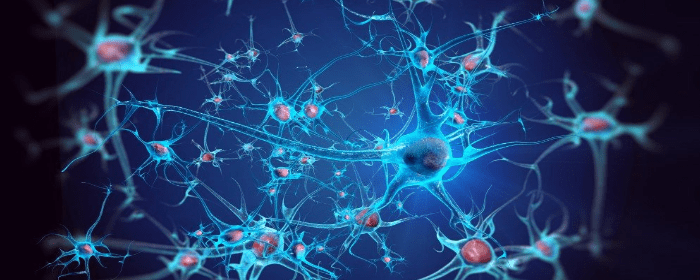ALS, which stands for amyotrophic lateral sclerosis, is a neurodegenerative disease that has no cure and no substantially effective treatment. Today, there are two drugs available that can slow the progression of ALS— riluzole and edaravone—but these agents may only be modestly effective. Sadly, patients with ALS get progressively worse, sometimes even with treatment. They lose to ability to move, to swallow, and to breathe. It is a devastating disease.
As with other neurodegenerative diseases, researchers are trying to treat ALS with stem cells. Stem cells have the capacity to become other types of cells such as neurons or glia. The notion is that stem cells could be used to rescue and replenish the nerve cells that are dysfunctional or destroyed in ALS. Studies are emerging that suggest that these approaches may bear fruit.
One such stem cell trial comes out of India, published by Dr. Prabhakar and colleagues. The research scientists infused autologous bone marrow-derived stem cells (autologous means the cells were retrieved from the patient and then readministered to the same patient). The scientists conducted the clinical study in ten patients with ALS who had a mean revised ALS Functional Rating Scale score of 30.2 ± 10.58. In other words, patients with this score have about a 60 to 70% chance of being alive for 9 more months.
Impressively, patients treated with autologous bone marrow-derived stem cells did not have a significant reduction in ALS Functional Rating Scale score after one year, which means their disease stayed relatively stable over this time instead of deteriorating. It took about 16.7 months for the score on this scale to drop by 4 points, which is considered a significant drop. The median survival after the procedure was 18.0 months, which is substantially more than would have been expected at the start of the study.
Taken together, these results suggest that patients with moderately severe ALS enjoyed a stabilization of their ALS symptoms for over 16 months on average. While there was no placebo control group, the stem cell-treated patients survived about twice as long as was estimated at the start of the trial.
These positive results must be confirmed in a larger, placebo-controlled trial. However, they strongly argue for further research of stem cells for the treatment of amyotrophic lateral sclerosis.
Reference: Prabhakar S, Marwaha N, Lal V, Sharma RR, Rajan R, Khandelwal N. Autologous bone marrow-derived stem cells in amyotrophic lateral sclerosis: A pilot study. Neurol India 2012;60:465-9


 St. Petersburg, Florida
St. Petersburg, Florida
